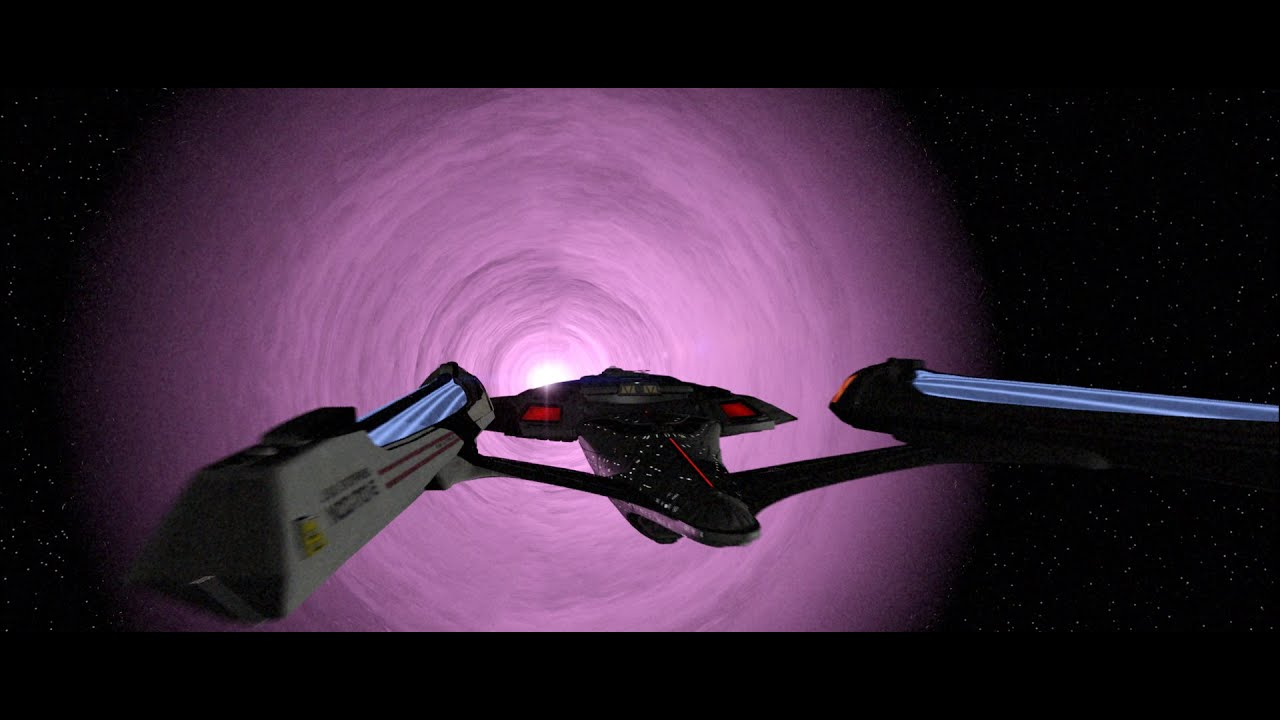The first and the greatest of Rome's emperors, Julius Caesar, had conquered vast swaths of territory for the empire, making it rich beyond measure and extending its reach across various continents, including Europe, Africa, and parts of Asia. However, this success brought with it the traditional problems that comes with running an overextended empire in the ancient world. With the Roman empire spanning multiple continents, it has become cumbersome and difficult to manage. Messages and orders can take weeks or months to reach their intended destination, preventing leaders from making decisions quickly in real time. Large beaurcracies are needed to simply make the empire function, with realpolitik and infighting taking up much resources. This has also led to rebellions in parts of the empire, as the central government finds it difficult to enforce its will over its numerous territories. If left unchecked, this can lead to the collapse of Rome, making everything Caesar has worked towards fall to nothing. Some advisors and generals to the emperor have suggested splitting Rome in two, with the Eastern and Western parts governed by two co-emperors who would manage their side but work together for the glory of the whole. However, this may inevitably lead to one side succeeding at the other's expense. After executing these advisors for their idiotic stupidity, Caesar set about finding an alternate solution for saving Rome.
Enter Morgan Le Fey, a powerful witch vested in the dark arts who seeks to serve the glory of Rome. Her solution put to the emperor was to build a series of magical portals designated in specific areas. This would connect the empire through an interlocking network, making hard to reach places more accessible. It would allow for instant communication of messages, and transport of much needed goods and services, increasing trade. It would also allow for the quick movement of soldiers to troubled spots, putting down rebellions before they grew to a significant size. Although construction and retaining the service of the witch would be expensive, Caesar considered it a small price to pay for saving his kingdom. He immediately hired Morgan as head of the project and set about building the system of portals, which were eventually completed.
My ingenious system was designed to keep the Roman Empire as one cohesive empire without needing to split it apart due to its massive size, which prevents a scenario in which the East does well while the Western side falls into disrepair. This would eliminate the need for the Byzantines, which would come later. What would make this system fail as a solution?

